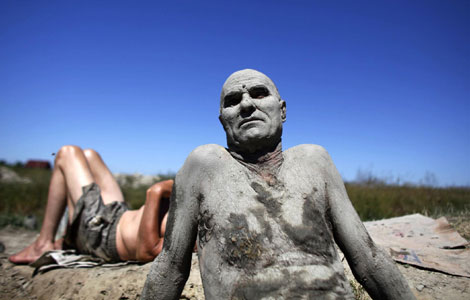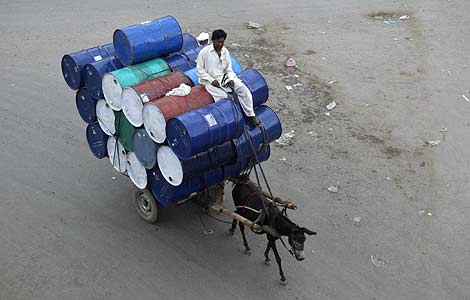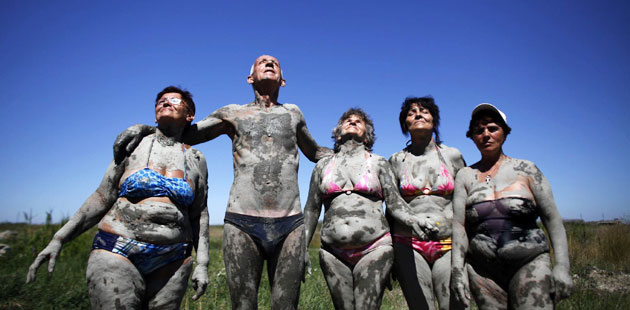Accurate information and calm analysis media's duty
Updated: 2011-08-23 08:38
By Zhou Wenting (China Daily)
|
|||||||||||
BEIJING - The results of a survey conducted for the Seventh Beijing-Tokyo Forum in both nations show that the overwhelming majority of people in China and Japan have never visited the other country, and they rely on news reports to learn about each other.
"The media have the duty to guide people's focus," said Yu Guoming, associate dean of the School of Journalism and Communication at Renmin University of China.
"Reports concentrating only part of a situation will only generate misunderstandings among the public," Yu added.
Chinese experts said reports about Japan in the Chinese media have helped the Chinese people establish a better understanding of Japan.
"A photo of the Japanese rescue team mourning a victim of the Wenchuan earthquake in 2008 was widely spread on the Internet. Chinese people learned about Japan's assistance in the earthquake relief efforts through the Chinese media," said Ma Weigong, deputy editor-in-chief of China Radio International.
And after the devastating earthquake in Japan on March 11 this year, Yu said, stories in the Chinese media highlighted the solidarity of Japanese people and the order of Japanese society.
"We should be encouraged by the contribution made by the media in both nations to introduce their country to the other," said Liu Jiangyong, vice-dean of the institute of modern international relations of Tsinghua University.
But some Chinese media experts expressed concern that some Japanese media seem to feature only negative news about China. However, Japanese media experts disagreed, saying there is a wide range of reports about China in Japan.
"Japan does not only report on China when bad things happen. TV programs tell various stories about Chinese society, history and culture," said Akio Takahara, a professor of the Graduate School of Law and Politics at the University of Tokyo.
"I have working experience in Britain and the United States, and I think the Japanese media have the best coverage of China in terms of both quantity and depth," Akio said.
"The media in each country must have a full picture of their counterpart in the other country, because they shape how their people understand the other country," Yu said.
This requires the media on both sides enhance mutual understanding first, and then spread correct and comprehensive information to the public.
"When friction occurs, the media can put forward calm analysis and constructive suggestions, and deliver accurate information to lead public opinion in the two countries," Liu said.
- Live Report: Gadhafi on the run as rebels fight
- More trains slow to improve safety
- Trade balance possible next year
- Time to cement China-Japan ties
- Prosecutor to drop Strauss-Kahn case
- CNPC terminates 6 overseas projects
- Trust is vital for China-Japan ties
- Live Report: Gadhafi's rule 'crumbling' in Libya
Hot Topics
Anti-Gay, Giant Panda, Subway, High Speed Train, Coal Mine, High Temperature, Rainstorm, Sino-US, Oil Spill, Zhu Min
Editor's Picks
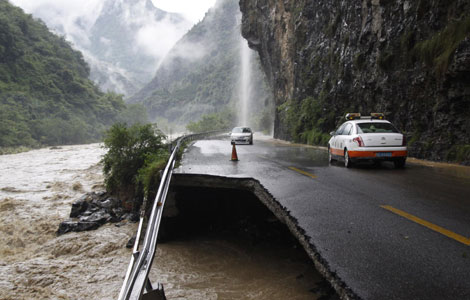
|
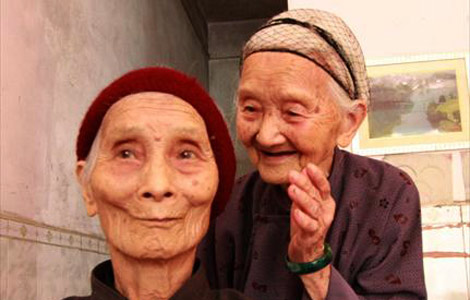
|

|
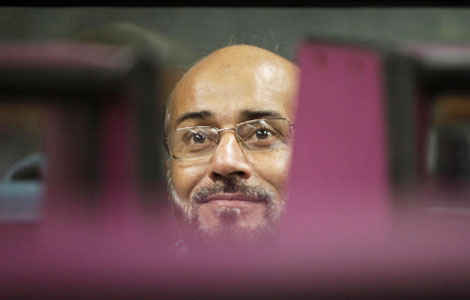
|
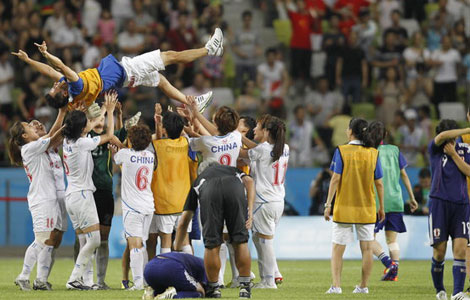
|

|


